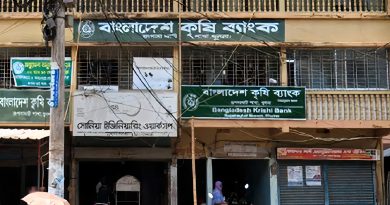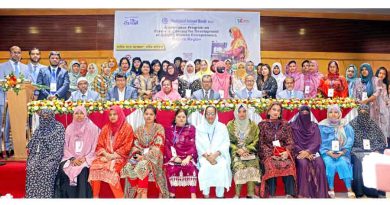Bangladesh Investment Development Authority (BIDA) has rolled out a new initiative to handhold investors from their first query to setting up industries, in a bid to draw fresh streams of local and foreign investment.
A four-member Investor Relationship Management (IRM) team, made up of seasoned bankers from the private sector, began operations on August 3 as a single point of contact for investors. The team will guide businesses through regulatory processes, troubleshoot bottlenecks, and provide ongoing support.
“This is about building a strong pipeline of investors by offering them structured support and solutions,” said BIDA’s Head of Business Development. “Our biggest goal is to help investors navigate complex challenges and boost their confidence in Bangladesh’s business environment.”
The pilot programme, the first of its kind in any government agency in Bangladesh, runs for six months under a public-private exchange model. The private bankers—on deputation from leading commercial banks—will return to their institutions after their tenure ends.
Similar models are common in the UK and Singapore, designed to bring private-sector expertise into public administration while giving professionals exposure to policymaking. “This benefits both sides,” the BIDA official said. “Government gets fresh perspectives, while private professionals return with deeper insights and networks.”
Frontline Investor Support
The IRM team members said they have already begun receiving calls from both local and foreign investors after the launch was shared on social media.
One banker recalled a late-night query from a Bangladeshi migrant in the US seeking to register a company remotely. “We immediately guided him through BIDA’s virtual one-stop service,” he said.
Another team member noted that investors often face hurdles such as unclear power supply commitments or regulatory delays. “We’re providing transparent, upfront information so that investors can make realistic plans,” she explained.
The team is currently focusing on high-potential sectors including semiconductors, IT, pharmaceuticals, renewable energy, textiles, and health services. Outreach is being extended through embassies, modeled after strategies used in China and Taiwan.
Building on Data and Coordination
Earlier this year, BIDA launched its FDI Heatmap, a data-driven blueprint highlighting 19 priority sectors for investment. The IRM team will leverage this framework to target strategic investors.
To address the common complaint of poor inter-agency coordination, BIDA said it is holding regular joint meetings with the National Board of Revenue, Bangladesh Bank, and relevant ministries. “If any investor faces problems, we put the issue on the table for quick resolution,” the business development chief said.
Officials also stressed that the programme is more than a consultancy—it is a platform for structured collaboration. “We hope this first attempt serves as a case study so other agencies can adopt similar models in the future.”






